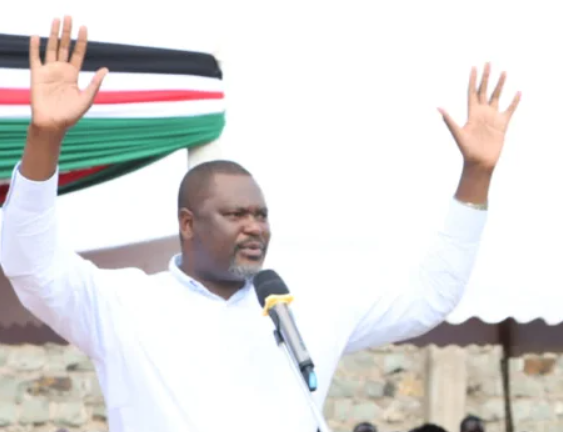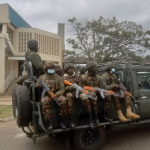Mbeere North Member of Parliament Geoffrey Ruku has declared his intention to retract the Assembly and Demonstration Bill, 2024, commonly referred to as the Maandamano Bill. He announced this via a statement on his official social media account, citing strong public opposition as the main factor influencing his decision.
George Ruku announcement
“I have heard the voice of Kenyans and therefore decided to withdraw the Assembly and Demonstration Bill, 2024 (National Assembly Bills No. 28 of 2024). I will officially be writing to the Speaker of the National Assembly to withdraw the #MaandamanoBill,” Ruku posted.
He insisted that the bill was initially intended to enhance the safety and security of protesters, non-protesters, and businesses during demonstrations.
However, he acknowledged the public’s overwhelming disapproval and decided to heed their call for its withdrawal.
“The bill was founded on the need to give effect to article 37 of the Constitution and to enhance the safety and security of the protestors, non-protestors and businesses. However, I have agreed with the will of Kenyans that the bill be withdrawn. #MaandamanoBill,” he added.
The bill was officially titled the Assembly and Demonstration Act, of 2024. It defined key terms such as “assembly,” “demonstration,” “organiser,” and “public place.”
Organisers of assemblies or demonstrations were required to notify the regulating officer at least three but not more than 14 days before the event.
The notice had to include the organiser’s details, marshals, date, time, and place or route of the event.
The regulating officer could reject the notice if another assembly was scheduled for the same time and place, and could impose conditions for public safety and order.
Organisers and participants were jointly liable for any property damage caused during the event.
Demonstration marshals
The organizers were required to designate marshals to oversee the gathering or protest. Prohibited activities included stirring up hatred, promoting violence, wearing attire or uniforms resembling those of security forces, and carrying weapons.
Police were authorized to oversee and limit gatherings to ensure public order and safeguard individuals and property. The Cabinet Secretary was granted authority to establish regulations for the effective enforcement of the Act. The bill also aimed to revoke sections 5 and 6 of the Public Order Act.



